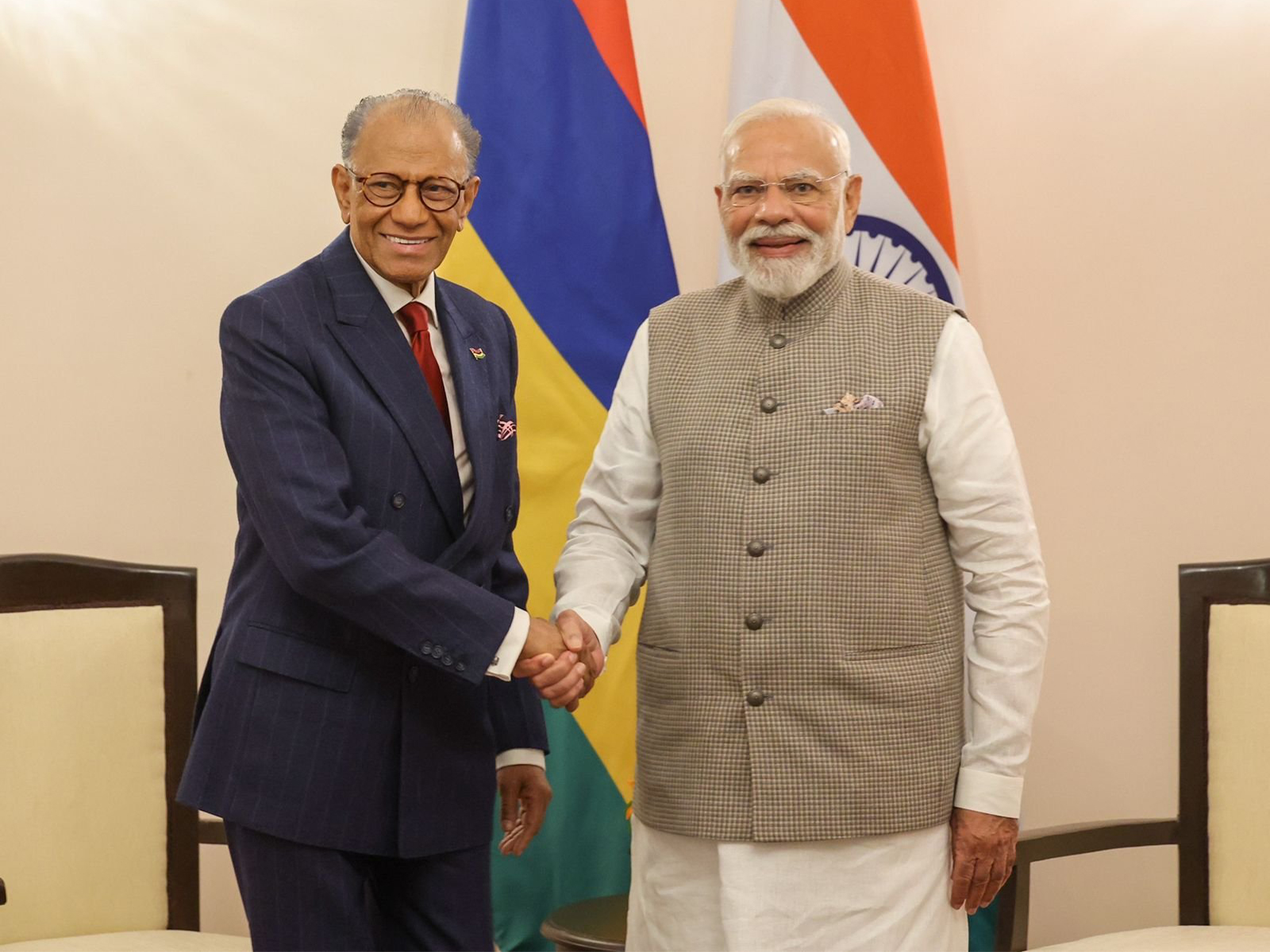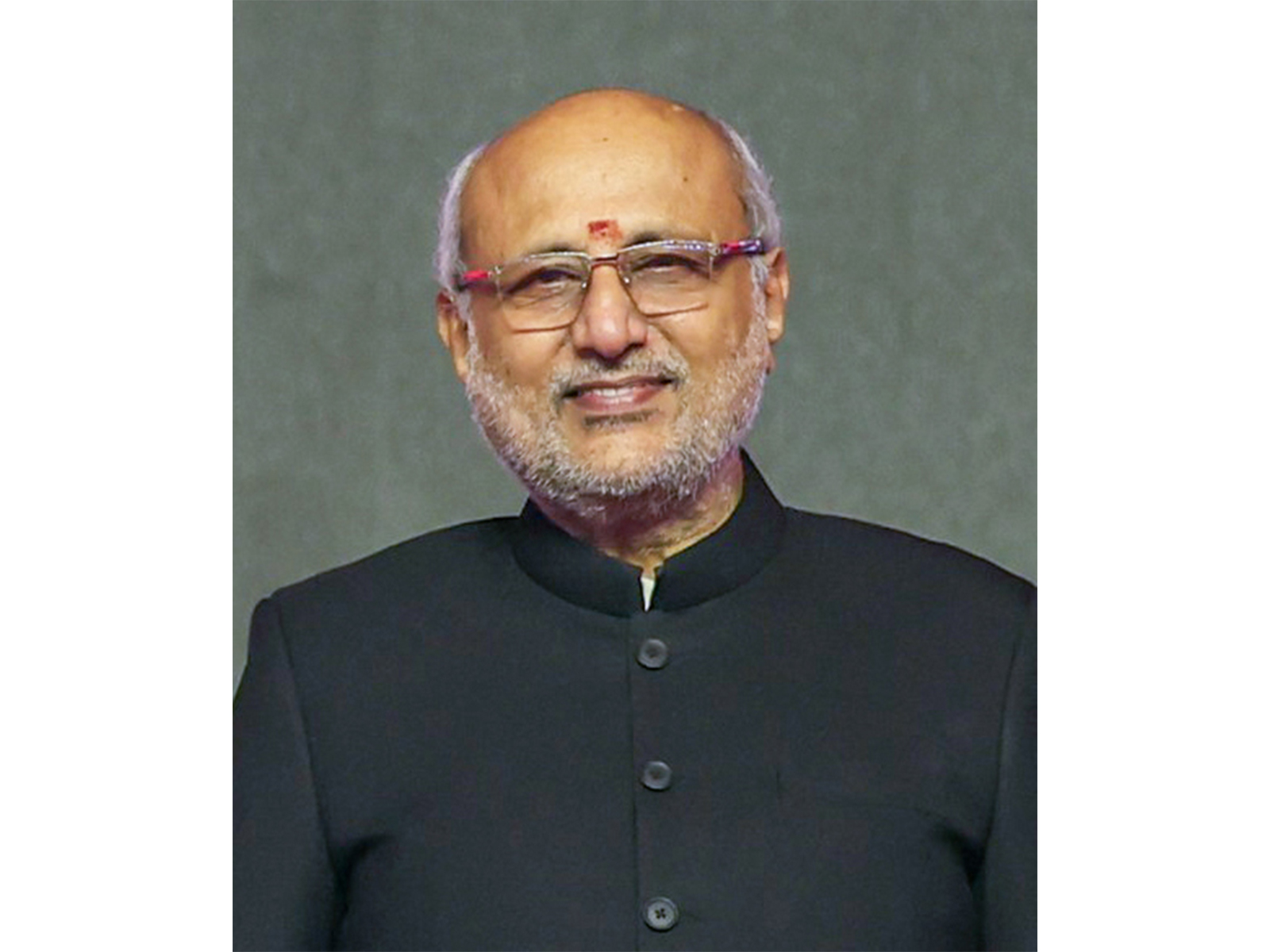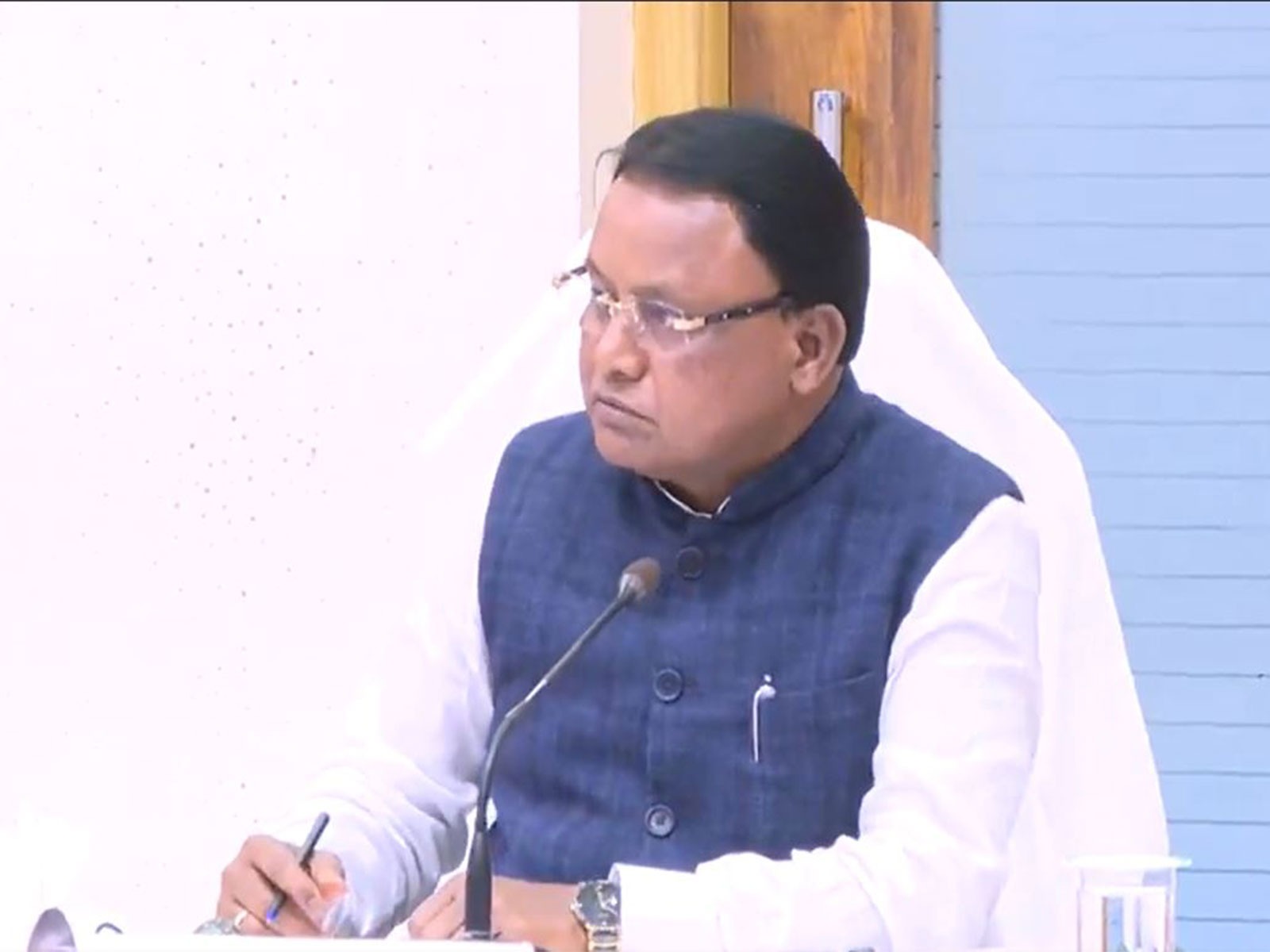Bonn [Germany], July 8 (ANI): Monocytes, a kind of white blood cell, generate cytokines, which are inflammatory messengers required for an adequate immune response. Researchers at the University Hospital Bonn (UKB) and the University of Bonn have discovered that platelets, also known as thrombocytes, interact with monocytes, increasing their inflammatory capability.
They expect to enhance treatment for immunological illnesses and related diseases by better understanding the platelet-monocyte relationship. The study’s findings have now been published in the prestigious journal EMBO Molecular Medicine, and will be featured on the cover of the August edition.
Monocytes are white blood cells, known as leukocytes. They are an important part of the innate immune system and contribute to host defense in the blood by secreting large quantities of pro-inflammatory cytokines. Abnormal activity of monocytes leads to hyperinflammation, i.e. very severe inflammation, as well as life-threatening cytokine storms. On the other hand, disturbed monocyte function is associated with “immune paralysis”. In this condition, the immune system’s ability to fight off invaders such as viruses and bacteria is inhibited. This increases susceptibility to infections. “It is therefore crucial to understand how the functions of monocytes are regulated,” said senior and corresponding author Prof. Dr. Bernardo Franklin from the Institute of Innate Immunity at the UKB and the Cluster of Excellence ImmunoSensation2 at the University of Bonn, explaining the motivation to investigate the role of platelets in the regulation of monocyte-induced inflammation.
Platelets play a central role in blood clotting, but are also thought to perform important functions in the immune system. Prof. Franklin’s research team has already identified platelets as an important regulator of inflammation. They now report that a low platelet count in the rare blood disorder immune thrombocytopenia (ITP) or the artificial removal of platelets from healthy monocytes results in “immunoparalysis”.
This is characterized by a disturbed cytokine reaction and is an immunological challenge. “Remarkably, supplementing monocytes with fresh platelets reverses this condition and restores the monocyte cytokine response,” said corresponding and co-first author Dr. Ibrahim Hawwari, a postdoctoral fellow of the University of Bonn at the Institute of Innate Immunity at the UKB. The Bonn researchers discovered that the pro-inflammatory signals, including NF-kB and p38 MAPK, propagate from platelets to monocytes and maintain their inflammatory capacity. “Platelet vesicles as an extended arm of platelets control this intercellular communication,” says co-first author Lukas Rossnagel, PhD student ot the University of Bonn at the Institute of Innate Immunity of the UKB.
The results of the study point to a new intercellular communication mechanism in which platelets regulate monocyte function. “Clinically, this suggests potential therapeutic strategies to counteract monocyte immune paralysis in conditions such as ITP and other inflammatory diseases with the addition of platelets,” said Prof. Franklin, who hopes that an understanding of platelet-monocyte interactions will lead to improved treatment of immune disorders and related diseases. (ANI)
Disclaimer: This story is auto-generated from a syndicated feed of ANI; only the image & headline may have been reworked by News Services Division of World News Network Inc Ltd and Palghar News and Pune News and World News
HINDI, MARATHI, GUJARATI, TAMIL, TELUGU, BENGALI, KANNADA, ORIYA, PUNJABI, URDU, MALAYALAM
For more details and packages
















